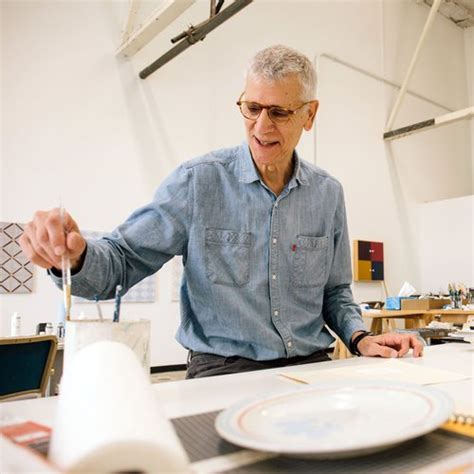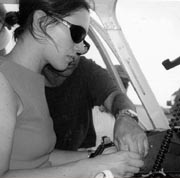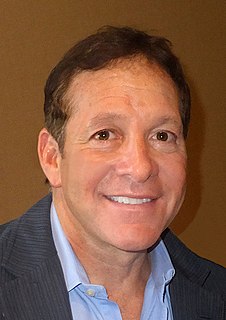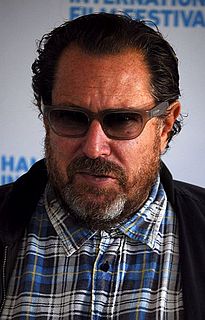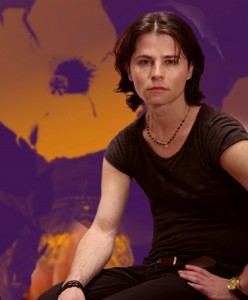A Quote by Jasper Johns
I have no ideas about what the paintings imply about the world. I don't think that's a painter's business. He just paints paintings without a conscious reason.
Related Quotes
The supreme question about a work of art is out of how deep a life does it spring. Paintings of Moreau are paintings of ideas. The deepest poetry of Shelley, the words of Hamlet bring our mind into contact with the eternal wisdom; Plato's world of ideas. All the rest is the speculation of schoolboys for schoolboys.
I think that people tend to look at the paintings as being resolved or finite. But, to me, a painting can be an index for all of the paintings I've done and all of the paintings I'm going to do. It's like if I'm doing a film of the Olympics, I'm not examining a specific sport; I'm interested in the overall context.
People are still making paintings. People are still enjoying paintings, looking at paintings. Paintings still have something to tell us. There's a way of being in the world that painting brings to us, that painters bring to the task that we absorb and are able to be in dialogue with. That's something that's part of us.
All photographs are there to remind us of what we forget. In this - as in other ways - they are the opposite of paintings. Paintings record what the painter remembers. Because each one of us forgets different things, a photo more than a painting may change its meaning according to who is looking at it.



